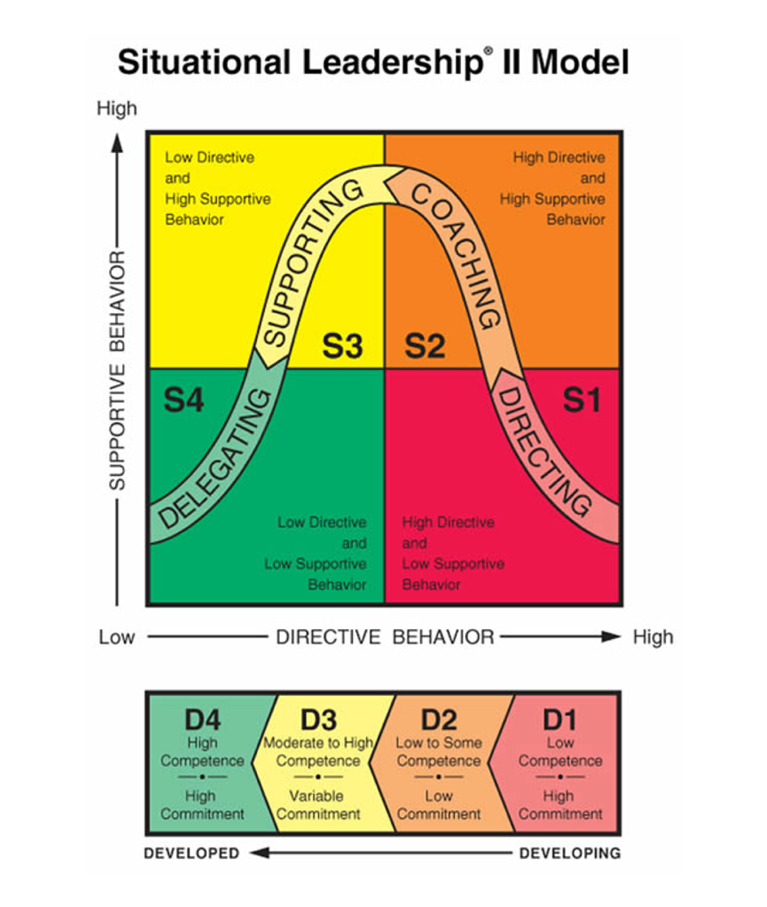The Art of Delegation
6 Steps to Delegating Effectively
Delegation is the act of empowering others to accomplish a task. Although it seems like one of the simplest things in the world to do it is one of the hardest to accomplish. The job of a leader is to see that all the work gets done – not to do it all themself.del-e-gate : “To entrust to another. To empower another person to act.”
Jesus and Delegation
Jesus lived by these principles throughout His earthly ministry. Early in his ministry he had his disciples baptizing others (John 4:2). He delegated the jobs of getting lunch, while He talked with the woman at the well. At first he told the disciple where to go and what to say in their missionary travels. The disciples fed the 5,000. It was His disciples who were given the responsibility to set up the place for the last supper. And before his ascension he entrusted to the twelve a job angels are not permitted to do – that of fulfilling the Great Commission.
The Goal of Delegation
The goal of delegation is:
- That the person succeeds in accomplishing the task he has been given. Failure is seldom a good motivator to take on new responsibilities.
- That the person develops in competence, confidence and faithfulness.
Three Types of Delegation
Oftentimes we want to delegate responsibilities but because we have gotten “burned” in the past, we are hesitant to release an important job to someone else. That being the case, let’s develop a new model of delegation. Depending on the maturity of the person involved and their skill level, we will want either to direct him, coach him, or delegate to him.
- Directing means to give a specific job description or checklist of what needs to be done along with intermittent deadlines to ensure his success.
- Coaching means that you allow him/her to design the plan and procedure. You coach him along and advise him until he succeeds.
- Delegation means that you just turn it over to him/her. Because his commitment level and skill level are both high, you can trust that he will do it right and on time. You have seen his proven faithfulness over time.
How to Delegate
- Decide what needs to be done.
- Select the best person for the job. Let him/her know you believe he/she can do it. Trust is one of the highest forms of motivation.
- Clarify and agree upon the desired result and deadline. Major on what not how – results not methods.
- Define guidelines and potential pitfalls. Let him/ her learn from your mistakes and the mistakes of others.
- Establish level of authority, accountability, and method of evaluation.
- Identify resources – financial, human, technical, and organizational resources that he/she can draw from.
- Establish consequences.
Adopted from https://cdn.leadx.org/wp-content/uploads/2019/09/situational-leadership.png

Adopted from https://trainchurchleaders.com/delegation.htm
How You Delegate Matters
Leaders must be careful that the way they delegate doesn't counteract the good in delegating.
Two pitfalls to avoid:
- maintaining too much control
- not providing enough accountability
How to avoid the pitfalls:
- First analyze your situation.What tasks can be delegated and what type of gifting or skill level should be in the person to do them?
- Choose people wisely.Who is the best person for the job?
- Sufficiently train or orient the person.What does the person need to succeed at the task?
- Adequately communicate parameters in advance.What level of authority does the person have to make decisions about the task?
- Build predetermined evaluation and feedback into the process.When and how are they to report on the progress they are making or receive help they might need?
- Express appreciation and affirm the person.How can you support the person throughout the process?

No comments:
Post a Comment